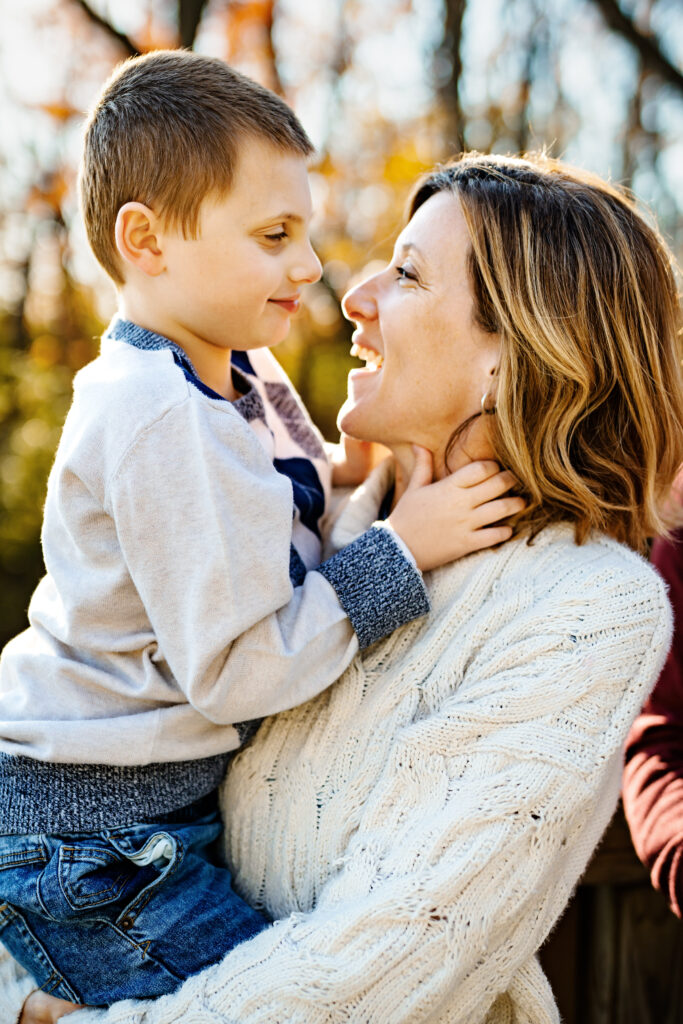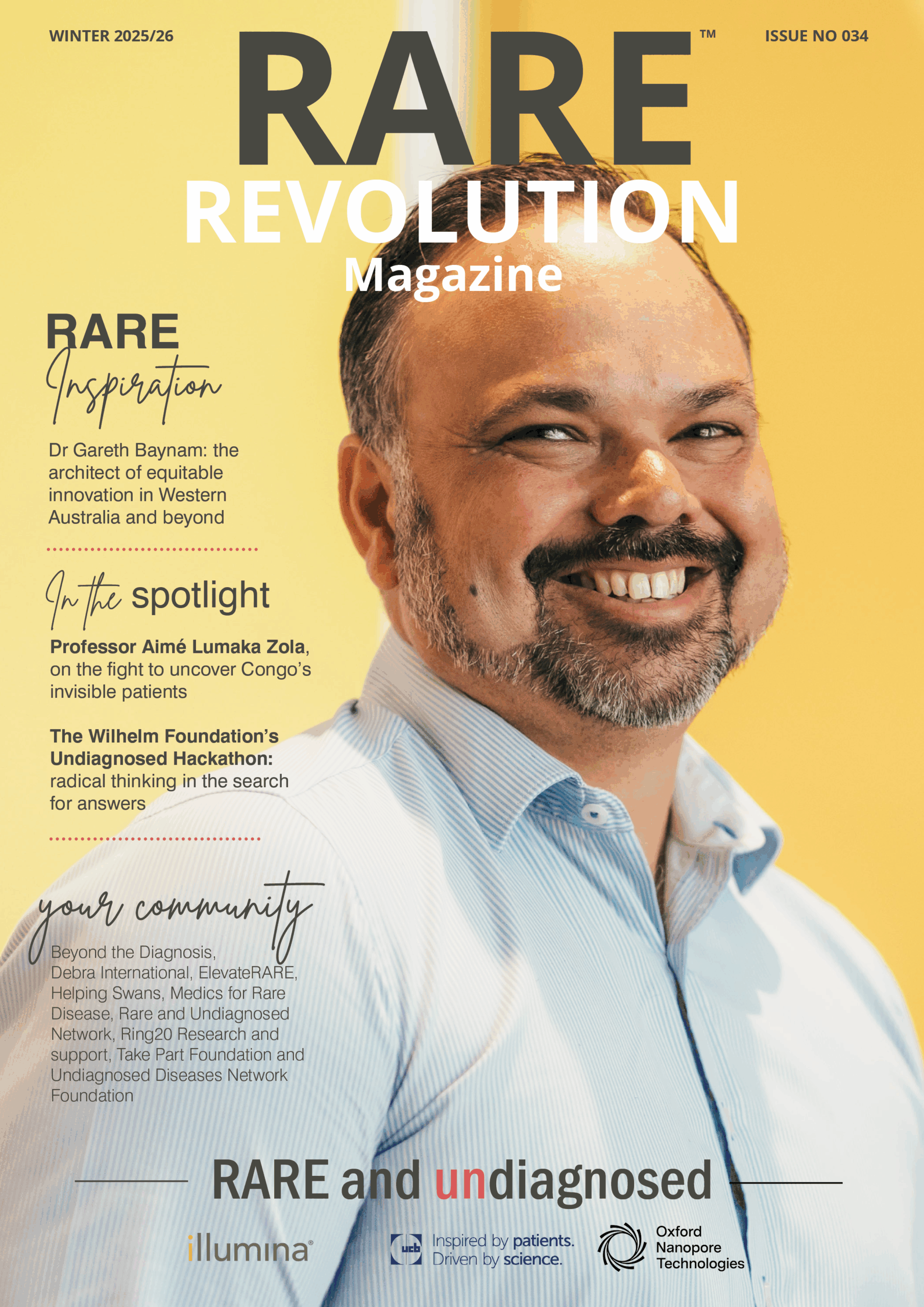Fighting for Jackson: A mother’s journey to empower families living with Angelman syndrome
From diagnosis to global advocacy: How one mother’s mission is transforming the rare disease landscape. When Amanda Moore’s son Jackson was diagnosed with Angelman syndrome, her life changed forever. Today, she leads a foundation, inspires a community and pushes for breakthroughs in care and research
A life rewritten
Before her son Jackson was diagnosed, Amanda Moore lived what many would consider a typical life. She had a career in development, a supportive husband and twin boys with big personalities and bright futures. But at 18 months old, Jackson—one of the twins—still wasn’t walking or talking, and Amanda’s instincts told her something was wrong.
After months of testing, Jackson was diagnosed with Angelman syndrome (AS), a rare neurogenetic disorder affecting approximately 1 in 15,000 people. The diagnosis shattered the image Amanda had of her son’s future.
“I remember sitting in that doctor’s office thinking, ‘What now? How do we help him?’” she recalls. “The grief hit hard, but so did the resolve.”
Navigating the unknown
Angelman syndrome is often marked by developmental delays, balance issues, lack of speech, seizures and unique behavioral characteristics like frequent laughter and smiling. The path forward wasn’t clear—there was no cure, and few resources available. Amanda began searching for support, information and answers.
What she found was a small but passionate community of families, researchers and advocates. That network became a lifeline. “Connecting with others going through the same thing made all the difference,” she says. But Amanda didn’t stop there. She became a relentless learner and advocate—not just for Jackson, but for every family walking this path.
Stepping into leadership
In 2019, Amanda took a leap of faith and left her job to become the CEO of the Angelman Syndrome Foundation (ASF). The move was deeply personal. “This wasn’t just a career change—it was a life mission,” she says. Under her leadership, the foundation has expanded its impact in clinics, research funding and community support.
Amanda has championed programmes like the ‘Ladder Learning Network’, a national model of coordinated clinical care, and the AS Clinics, which now serve hundreds of families across the country. She also helped launch the ‘ASF Family Fund’—which was created to provide financial assistance to families supporting individuals with Angelman syndrome.



The personal and the public
Leading a national nonprofit while raising a child with a complex condition is not easy. Amanda balances Jackson’s daily needs—his therapies, schooling, communication challenges and health—with travel, meetings and public speaking. She shares openly about the struggles: sleepless nights, navigating healthcare systems and the heartbreak of seeing Jackson excluded or misunderstood.
And yet, her advocacy is always fueled by hope. “Jackson has taught me more about strength and joy than anyone else,” she says. “When you see how hard our kids work for every skill, every step forward, it changes your perspective on everything.”
Driving change
Amanda’s voice now carries weight not just within the Angelman community but in broader conversations about rare disease care and policy. She has advocated at the FDA, collaborated with biotech companies and helped lead coalitions advocating for long-term supports for adults with rare conditions.
“Families like ours can’t wait another decade for the system to catch up,” she says. “We need action now.”
The ASF, under her leadership, is increasingly focused on transition planning, mental health support for caregivers and global partnerships to reach underserved regions. Amanda’s work is as strategic as it is compassionate—grounded in her own lived experience, and in constant dialogue with families across the world.
Looking forward
person living with Angelman syndrome and their caregivers. Whether that means accelerating possible treatments, training new clinicians or talking to a newly diagnosed family, she shows up every day with tenacity and heart.
And she never forgets the power of community. “No one should have to face a diagnosis like this alone,” she says. “Together, we’re rewriting what’s possible.”



